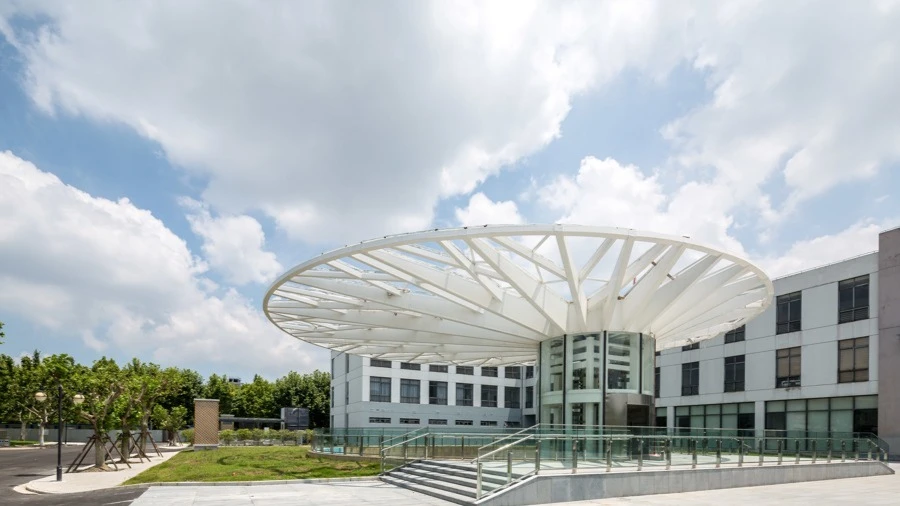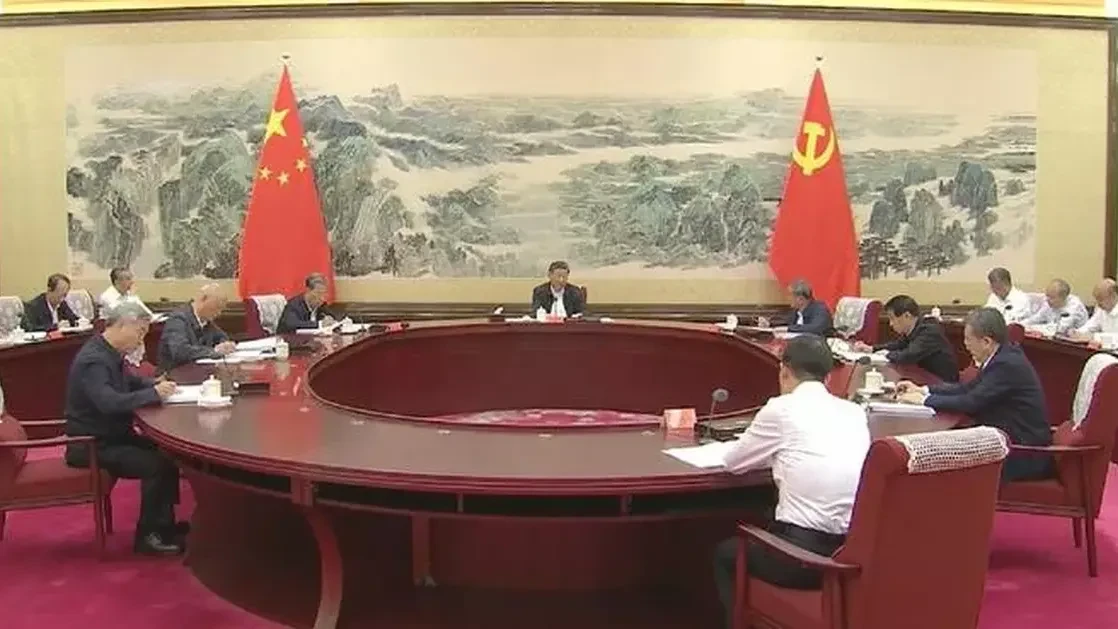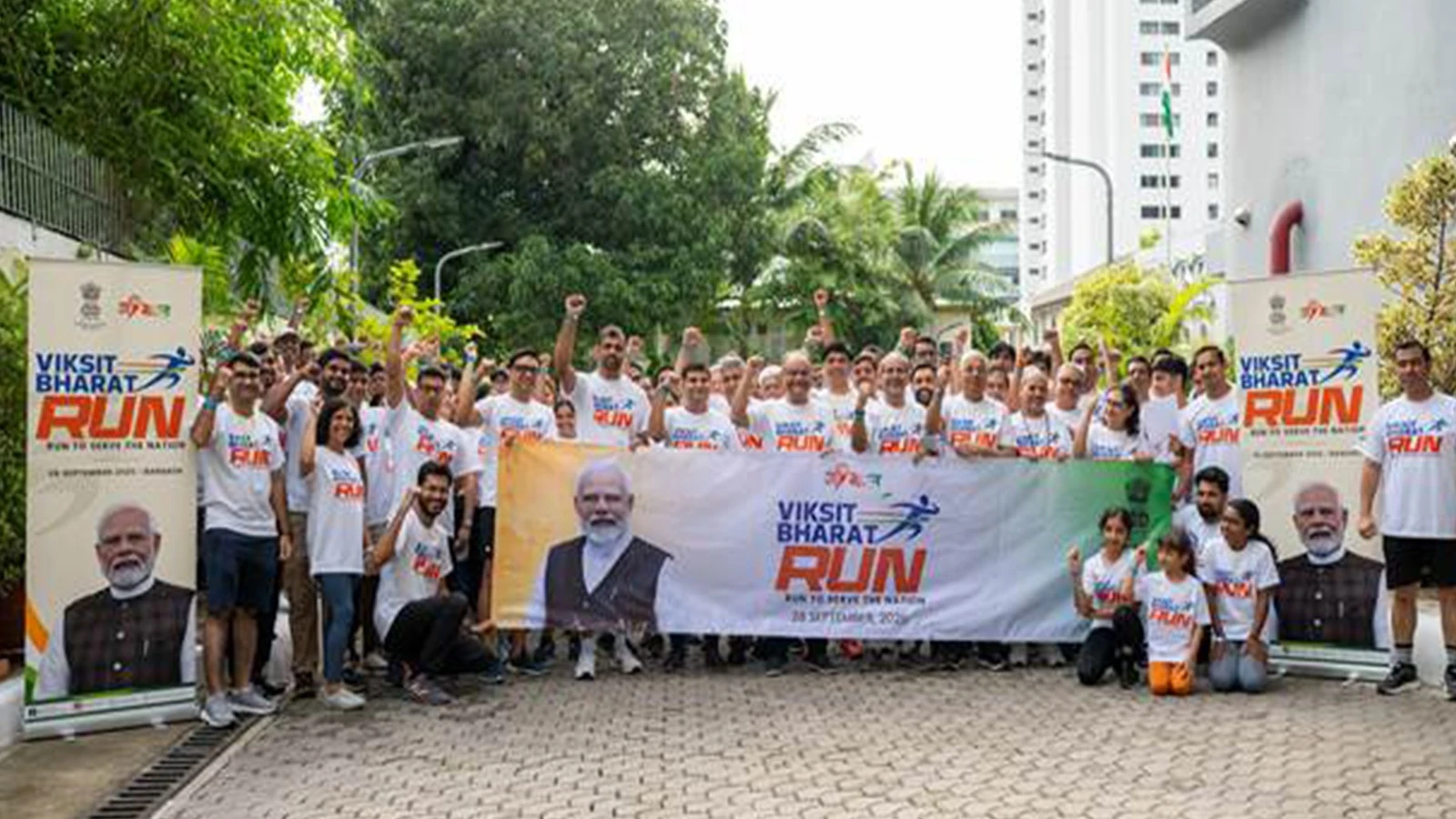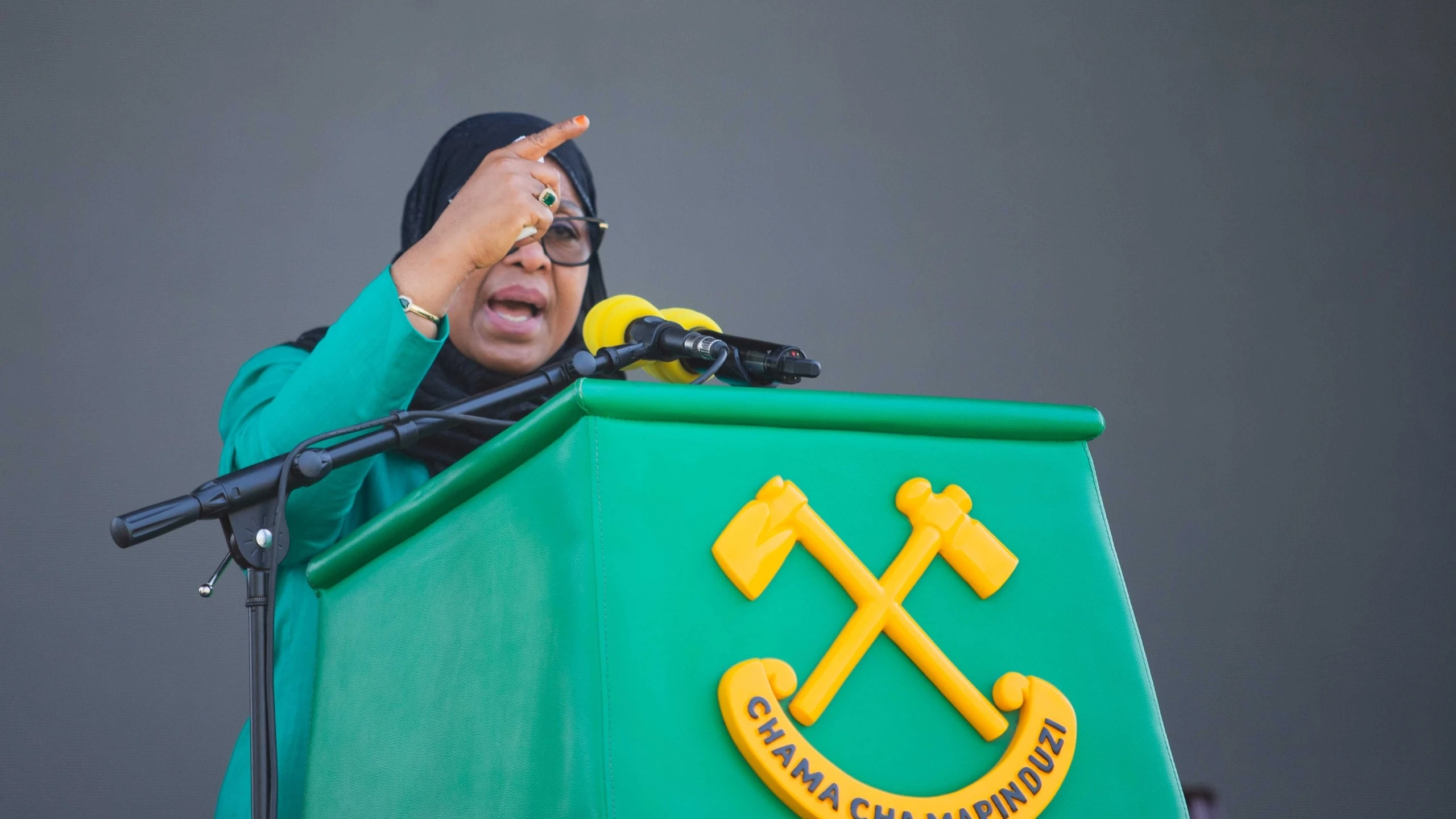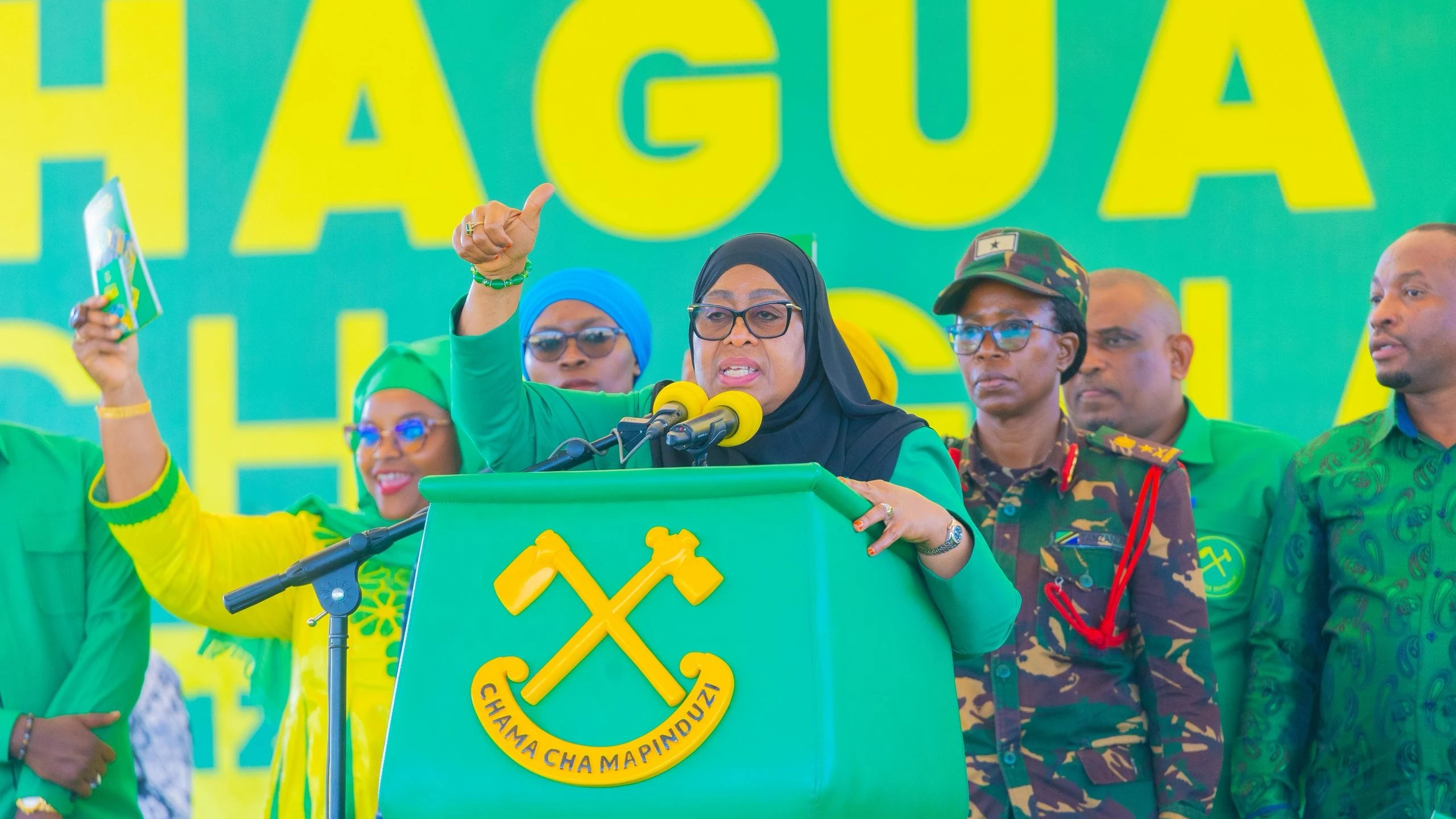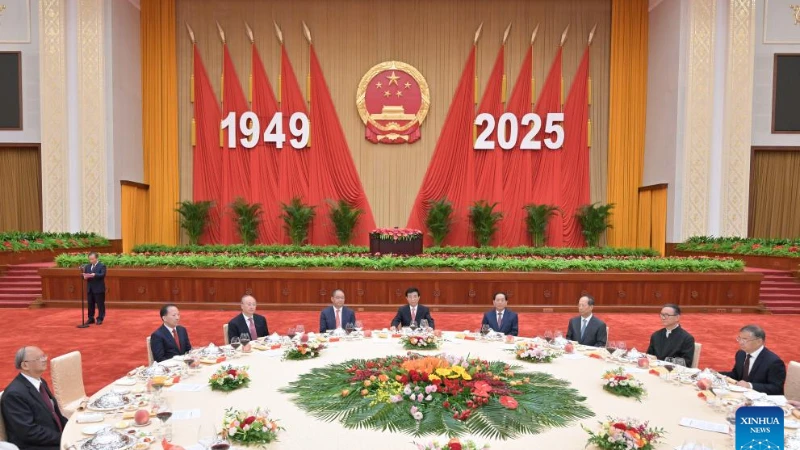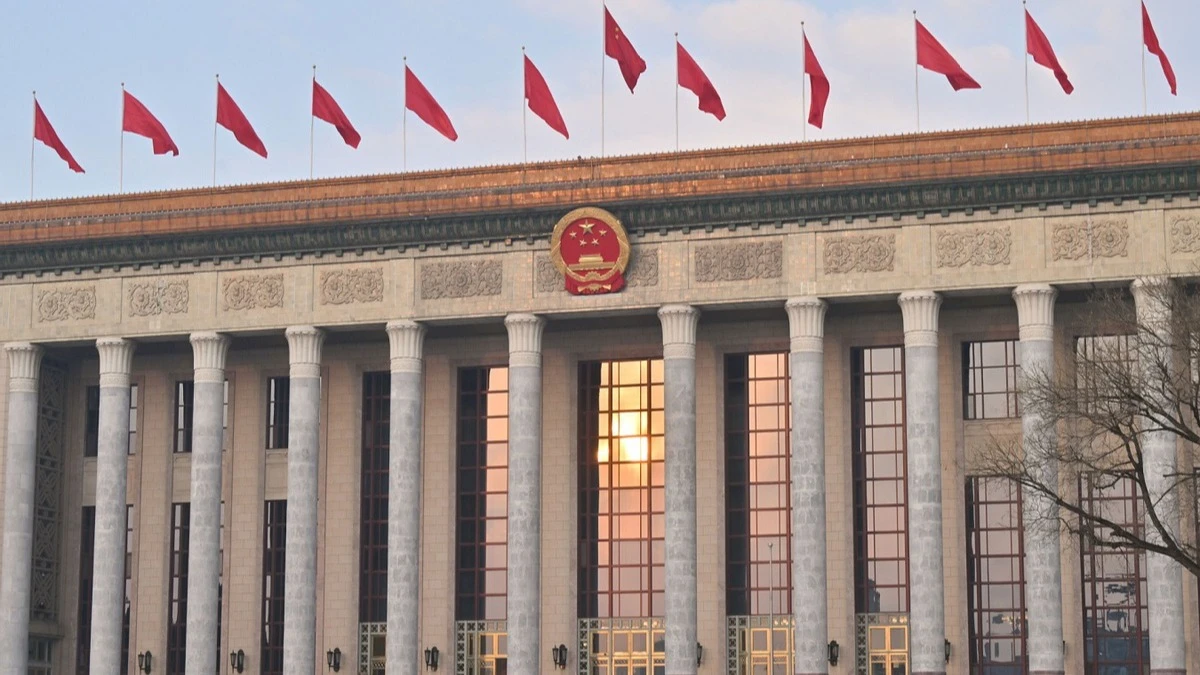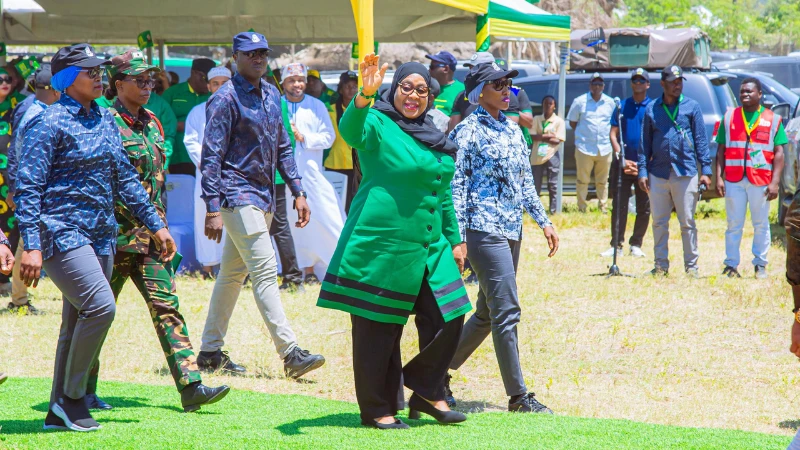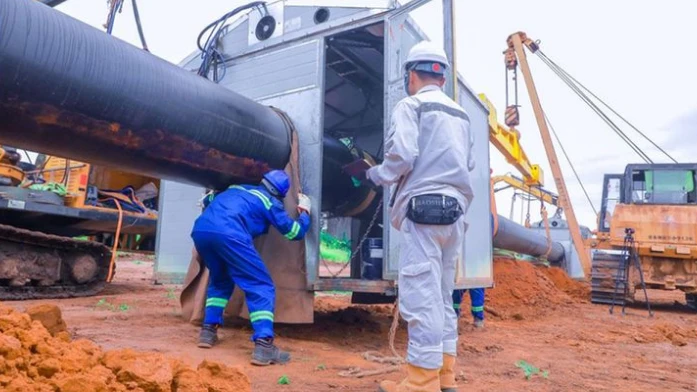East Africa Pipeline suits 'lifeline of hope,' delivering jobs and skills across Tanzania
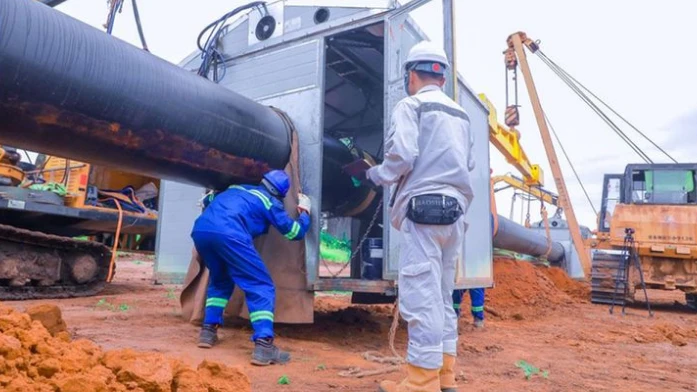
THE East African Crude Oil Pipeline project has emerged as a significant economic catalyst in Tanzania, moving beyond its function as an energy corridor to become a vital artery for socio-economic transformation across eight regions.
The transnational mega-project is actively complementing national development efforts by providing extensive opportunities in line with Tanzania’s commitment to inclusive growth.
The pipeline, which will transport crude oil from Hoima, Uganda, to the Tanzanian coastline in Tanga, is increasingly being viewed as a "pipeline of purpose," transporting not just crude oil, but opportunities that are transforming lives. Over 1,147 km of the 1,443 km pipeline lie within Tanzanian borders, running through 24 districts and over 180 villages.
The project is delivering on Tanzania’s Local Content Law by prioritizing domestic employment and business opportunities. The pipeline has already created over 7,000 jobs for Tanzanians, ranging from skilled engineers to unskilled laborers. At the Marine Storage Terminal (MTT) in Chongoleani, Tanga alone, 88% of the 1,397-person workforce are Tanzanian nationals.
"Among the 1,397, we have 210 skilled workers, 606 semi-skilled, and 404 unskilled — many of whom are locals from Chongoleani. It’s proof that this project is by Tanzanians, for Tanzanians," said Musa Msafiri, Terminal Project Engineer. For residents like Omary Juma (28) from Chongoleani village, the project has brought financial stability. "Before EACOP came, I did odd jobs. Now I work on-site and have a stable income to support my family. We feel included in something big."
The pipeline and its contractors, particularly China Petroleum Pipeline (CPP), are fostering local enterprise by ensuring supply chain opportunities benefit the communities along the route.
In Handeni District, where over 500 workers are based at Camp MCPY 15, local demand has surged for rice, fish, meat, and vegetables. Seminars were held to connect local youth, women, and small entrepreneurs with these business opportunities.
Mwanaisha Mfaume, a vegetable grower in Handeni town, confirmed the impact: “I grow vegetables and sell them at The pipeline’s MCPY 15 site. This has transformed my life. We, the local businesspeople, are benefiting.”
Furthermore, the project is building long-term skills beyond its construction phase. Through its contractor Besix Ballast Nedam (BBN), the pipeline is sponsoring vocational training. Twelve young people from Chongoleani are currently being sponsored at the Vocational Education and Training Authority (VETA) Tanga for training in carpentry, tailoring, and beauty services. Over 200 Tanzanian students have benefited from similar educational initiatives, including scholarships.
Fatma Salim, a beneficiary in hairdressing, shared her renewed hope: “I had no job, no direction. But now, with this training in hairdressing, I see a real future. I want to plan open my own salon and train others.”
Beyond economic inclusion, the EACOP project is driving essential infrastructure improvements in underserved communities. In Chongoleani, an EACOP-funded water project now provides 24/7 clean water access to four local streets. Additionally, a 7.4 km access road has been upgraded with pedestrian walkways and speed humps, improving safety. "Clean water, better roads, job opportunities — this is the development we’ve waited for," said Mohamed Salim, Ward Executive Officer.
The 9,513 Project Affected Persons (PAPs) along the route have undergone a livelihood restoration program, receiving modern, new family homes, lights, and water. "Some people say this is just a crude oil pipeline. But for us, it’s a pipeline of hope," said Augustine Mutembei, a PAP in Kagera.
Tanga District Commissioner Dadi Kolimba praised the project, stating, "This project is creating jobs, building infrastructure, and will generate tax revenue to support national development. This is not just Tanga’s victory—it's a national achievement." The commitment made by President Samia Suluhu Hassan of Tanzania and President Yoweri Museveni of Uganda in the Tripartite Project Agreement is showing visible social and economic returns, affirming the project’s role in realizing the goals of Tanzania’s Dira 2050 vision.
Top Headlines
© 2025 IPPMEDIA.COM. ALL RIGHTS RESERVED











